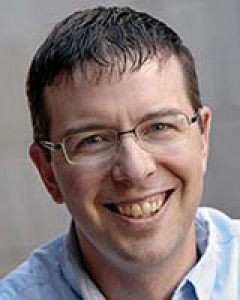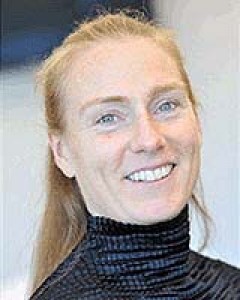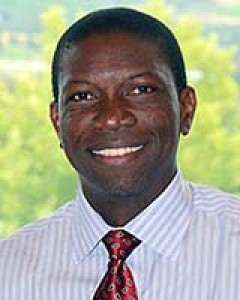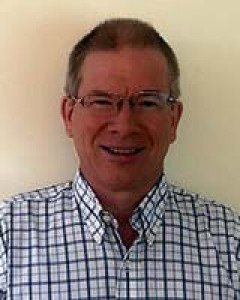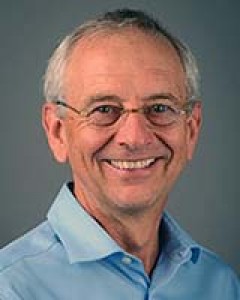Now published, see the full article 
Early Abstract:
Introduction: Youth from rural communities face significant challenges in the pursuit of healthcare training. Healthcare trainees with a rural background are more likely than those without to practice rurally as healthcare professionals. The Healthcare Travelling Roadshow (HCTRS) is an initiative that provides rural youth with exposure to healthcare careers, while providing healthcare students with exposure to rural opportunities, and an interprofessional education experience. To our knowledge, this is the first description of an initiative for rural university-high school healthcare career outreach that involves near-peer teaching, highly interactive sessions, and an interprofessional focus.
Methods: Ten HCTRSs took place throughout northern, rural and remote British Columbia between 2010 and 2017. Questionnaires were delivered to youth in a pilot research project in 2010. Healthcare students and community members completed questionnaires for ongoing program evaluation from 2010 to 2017. Quantitative elements were graded on a 5-point Likert scale. Qualitative elements were analyzed thematically.
Results: Participants indicated that the program was very successful (4.71, 95% CI 4.63–4.79), would likely encourage healthcare students to consider rural practice (4.12, 95% CI 3.98–4.26), and that it inspired local youth to consider careers in healthcare much or very much (4.45, 95% CI 4.35–4.55). Qualitative analysis led to description of four themes: 1) Sincerity and interactivity sparking enthusiasm; 2) Learning through rural exposure and community engagement; 3) Healthcare student personal growth; and 4) Interprofessional collaboration and development. Open-ended feedback identified successes outside of the primary goals and illustrate how this program could act in a multi-faceted way to promote healthcare recruitment and retention.Constructive comments emphasized the importance of taking a balanced approach to planning the HCTRS, ensuring the goals of the HCTRS are best met, while meeting the needs of the host communities as much as possible.
Conclusions: The HCTRS is an interdisciplinary experience that successfully engages rural youth, healthcare students, and community stakeholders. Participants consistently indicated that it encouraged rural youth towards healthcare careers and healthcare students towards rural practice. Success of the program requires meaningful engagement with multiple academic and community stakeholders.
